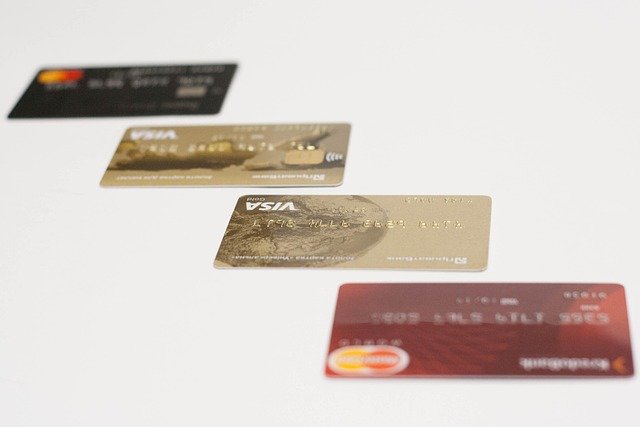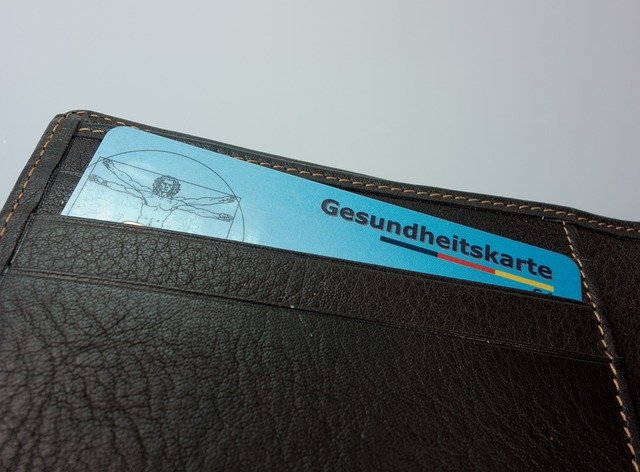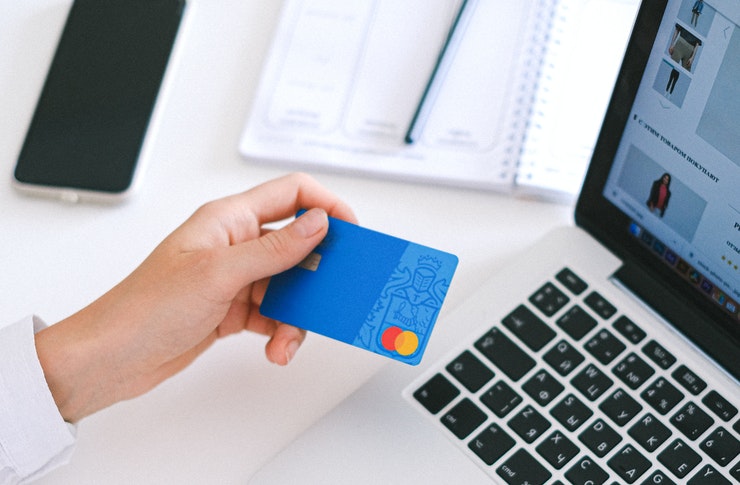Banks Offering Credit Cards With No Credit Checks
Finding a credit card when you have limited or poor credit history can feel challenging, but several financial institutions offer credit card options that don't require traditional credit checks. These alternatives, including secured cards and prepaid options, provide pathways to build or rebuild credit while accessing essential financial services. Understanding how these products work, their benefits, and potential drawbacks can help you make informed decisions about your financial future.

Traditional credit card applications typically involve comprehensive credit checks that can be barriers for individuals with limited credit history or past financial difficulties. However, the financial industry has developed several alternatives that bypass conventional credit screening processes while still providing access to credit-building opportunities.
Understanding Credit Cards With No Credit Checks
Credit cards that don’t require credit checks fall into several categories, each designed to serve different financial needs. Secured credit cards represent the most common option, requiring a cash deposit that serves as collateral and typically determines your credit limit. These cards function like traditional credit cards but minimize risk for lenders by securing the account with your deposit.
Prepaid debit cards offer another alternative, though they don’t technically provide credit. Instead, you load money onto the card and spend only what you’ve deposited. Some prepaid cards now report payment activity to credit bureaus, helping users establish credit history over time.
How to Apply for Credit Card Options Without Traditional Screening
The application process for no-credit-check cards typically involves providing basic personal information, including your name, address, Social Security number, and employment details. Unlike traditional applications, these don’t require extensive income verification or credit score minimums.
For secured cards, you’ll need to provide the required security deposit, which can range from $200 to several thousand dollars depending on the card issuer and your desired credit limit. Many issuers allow you to increase your credit limit by adding to your security deposit over time.
Some financial institutions offer student credit cards or starter cards with minimal credit requirements, focusing more on income potential and banking relationships than credit history. These options may involve soft credit pulls that don’t impact your credit score.
Benefits and Considerations of Alternative Credit Options
No-credit-check credit cards provide several advantages for individuals building or rebuilding credit. They offer opportunities to demonstrate responsible credit management, which can lead to improved credit scores over time. Many secured cards eventually allow users to upgrade to unsecured cards and receive their deposits back.
These cards also provide access to essential financial services, including online purchases, hotel reservations, and car rentals that typically require credit cards. Building a positive payment history with these cards can open doors to better credit products in the future.
However, these cards often come with higher fees and interest rates compared to traditional credit cards. Annual fees, monthly maintenance charges, and foreign transaction fees are common. Understanding all associated costs helps you choose the most cost-effective option for your situation.
Building Credit Responsibly With Alternative Cards
Successful credit building requires consistent, responsible use of your no-credit-check card. Making payments on time, keeping balances low relative to your credit limit, and avoiding unnecessary fees contribute to positive credit development.
Many financial experts recommend using these cards for small, regular purchases that you can easily pay off each month. This approach demonstrates consistent payment behavior while avoiding high interest charges that can accumulate with carried balances.
Monitoring your credit reports regularly helps track your progress and identify any errors that might impact your credit development. Many card issuers provide free credit score monitoring as a cardholder benefit.
| Provider | Card Type | Security Deposit | Annual Fee | Key Features |
|---|---|---|---|---|
| Capital One | Secured Mastercard | $49-$200 | $0 | Credit line increases possible |
| Discover | Secured Card | $200-$2,500 | $0 | Cashback rewards program |
| Citi | Secured Mastercard | $200-$2,500 | $0 | Graduation to unsecured card |
| Wells Fargo | Secured Card | $300-$5,000 | $25 | Access to FICO score |
| OpenSky | Secured Visa | $200-$3,000 | $35 | No credit check or bank account required |
Prices, rates, or cost estimates mentioned in this article are based on the latest available information but may change over time. Independent research is advised before making financial decisions.
Long-term Financial Planning With Alternative Credit Products
Using no-credit-check cards effectively can serve as stepping stones to traditional credit products and improved financial opportunities. Many users successfully transition from secured cards to unsecured cards within 6-12 months of responsible use.
Establishing good credit habits early creates foundations for future financial goals, including mortgages, auto loans, and premium credit cards with better rewards and terms. The key lies in viewing these initial cards as tools for building rather than permanent solutions.
Regular evaluation of your credit progress helps determine when you might qualify for better credit products. As your credit score improves, shopping for cards with lower fees and better benefits becomes possible, maximizing the value of your credit relationship.
Remember that building credit is a gradual process that requires patience and consistency. No-credit-check cards provide valuable opportunities to start or restart this journey, but success depends on responsible financial management and long-term planning.




